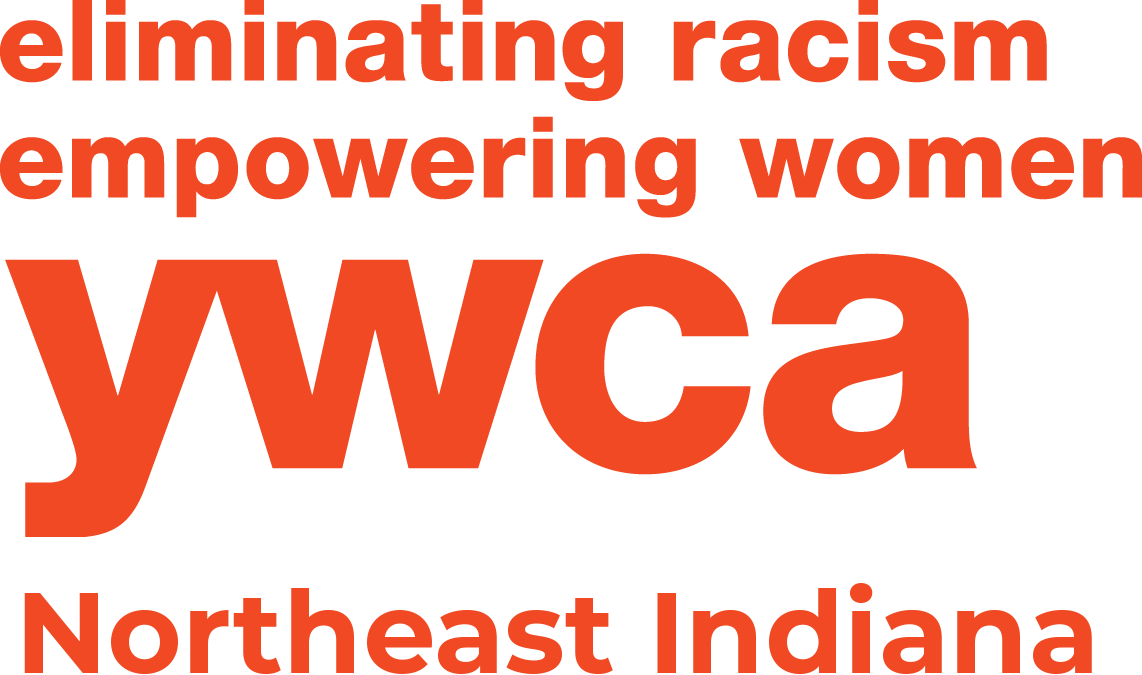
Changing the world one message at a time. #DontSayDoSay
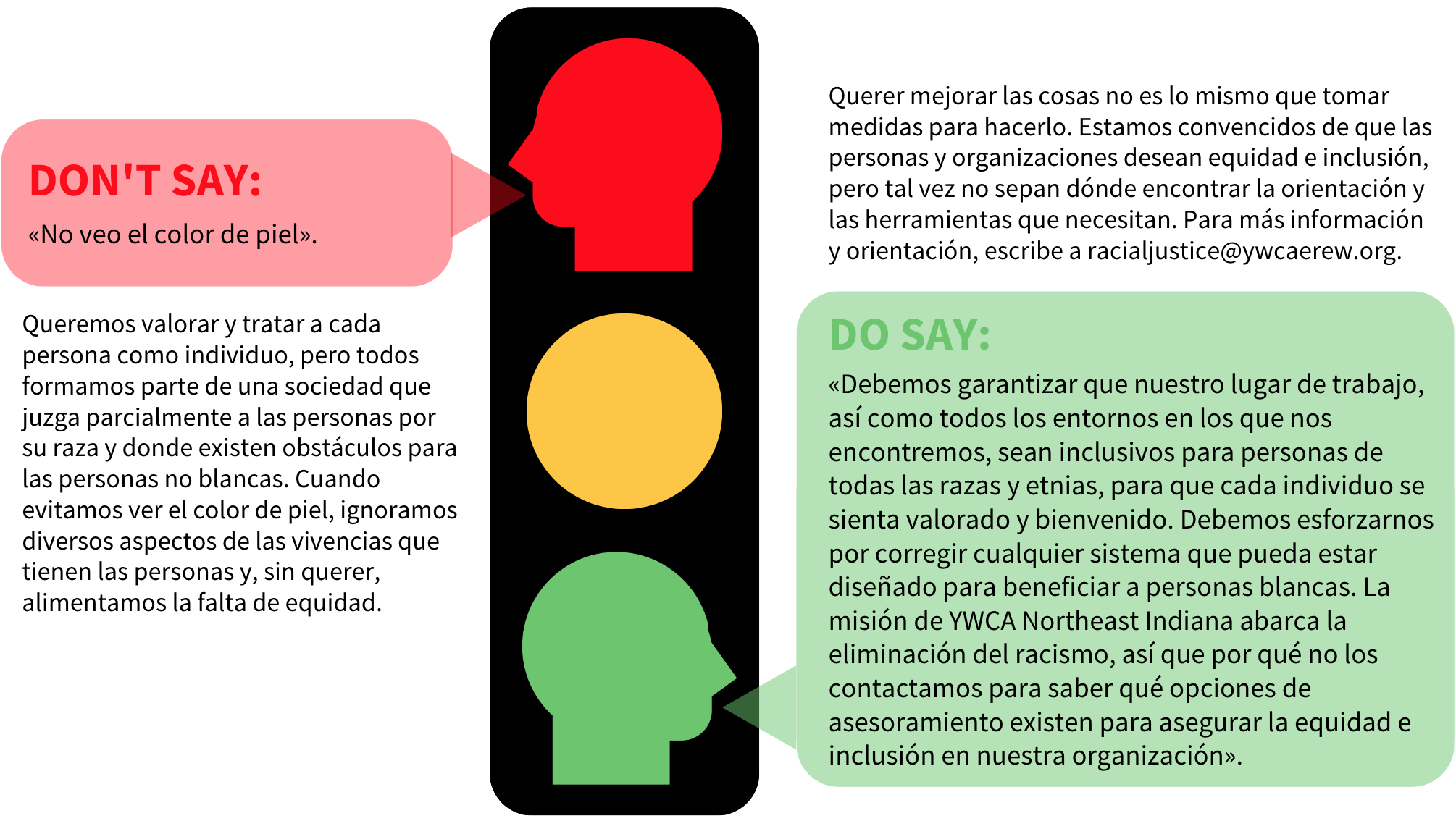
La justicia racial es un tema que requiere nuestra atención constante.
En el transcurso de la vida, se nos presentan ocasiones para educar a los demás. La justicia racial es un tema que requiere nuestra constante atención. Pongamos esta situación, estás con un compañero de trabajo y están hablando sobre el racismo. ¿Cuál sería tu opinión?
Si se pudiera reconocer a un agresor solo por su aspecto, todos se mantendrían alejados.
Los agresores a menudo se muestran cautivadores para atraer a sus víctimas y para que sea más difícil creerles en caso de que estas denuncien el delito.
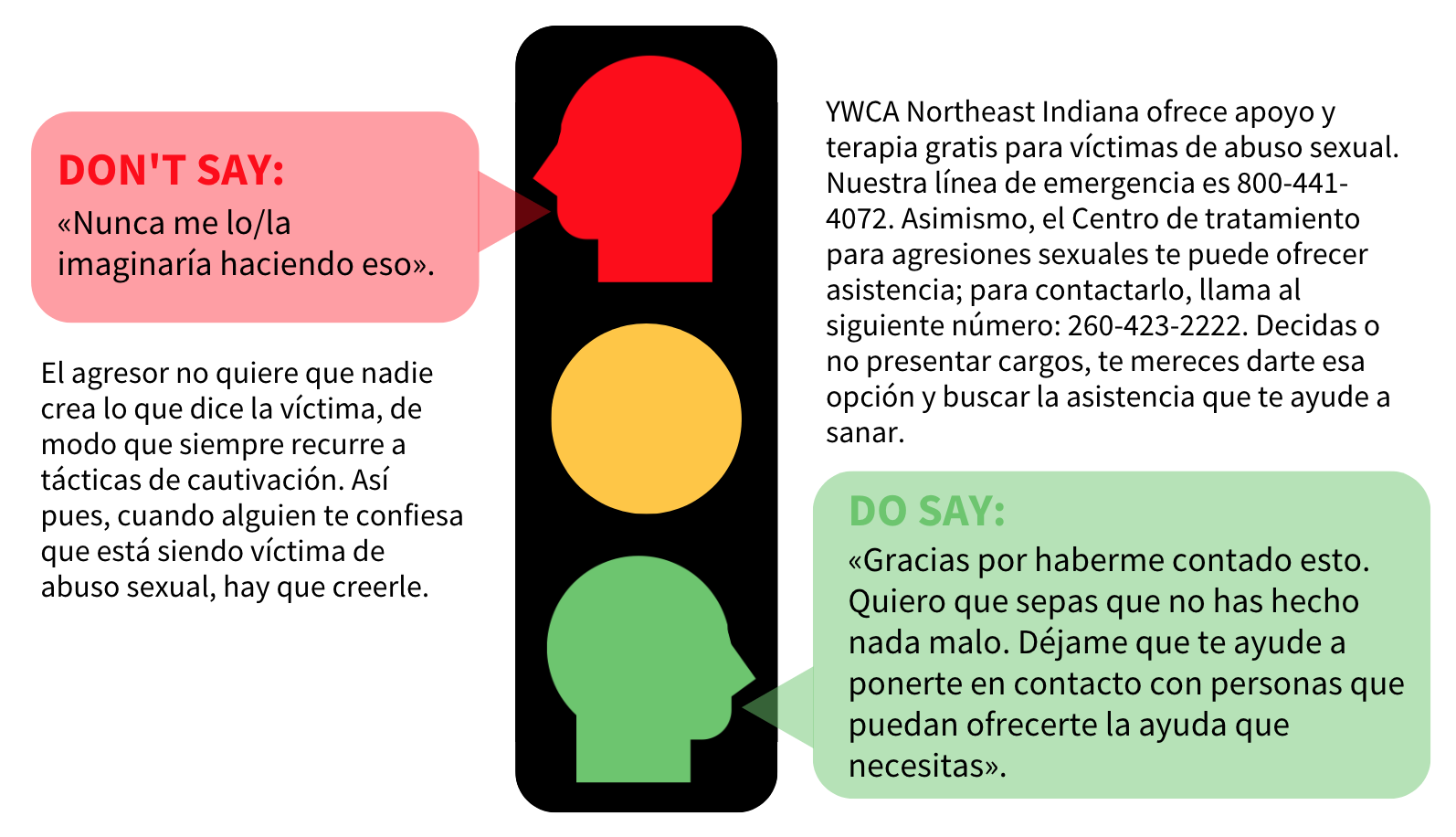
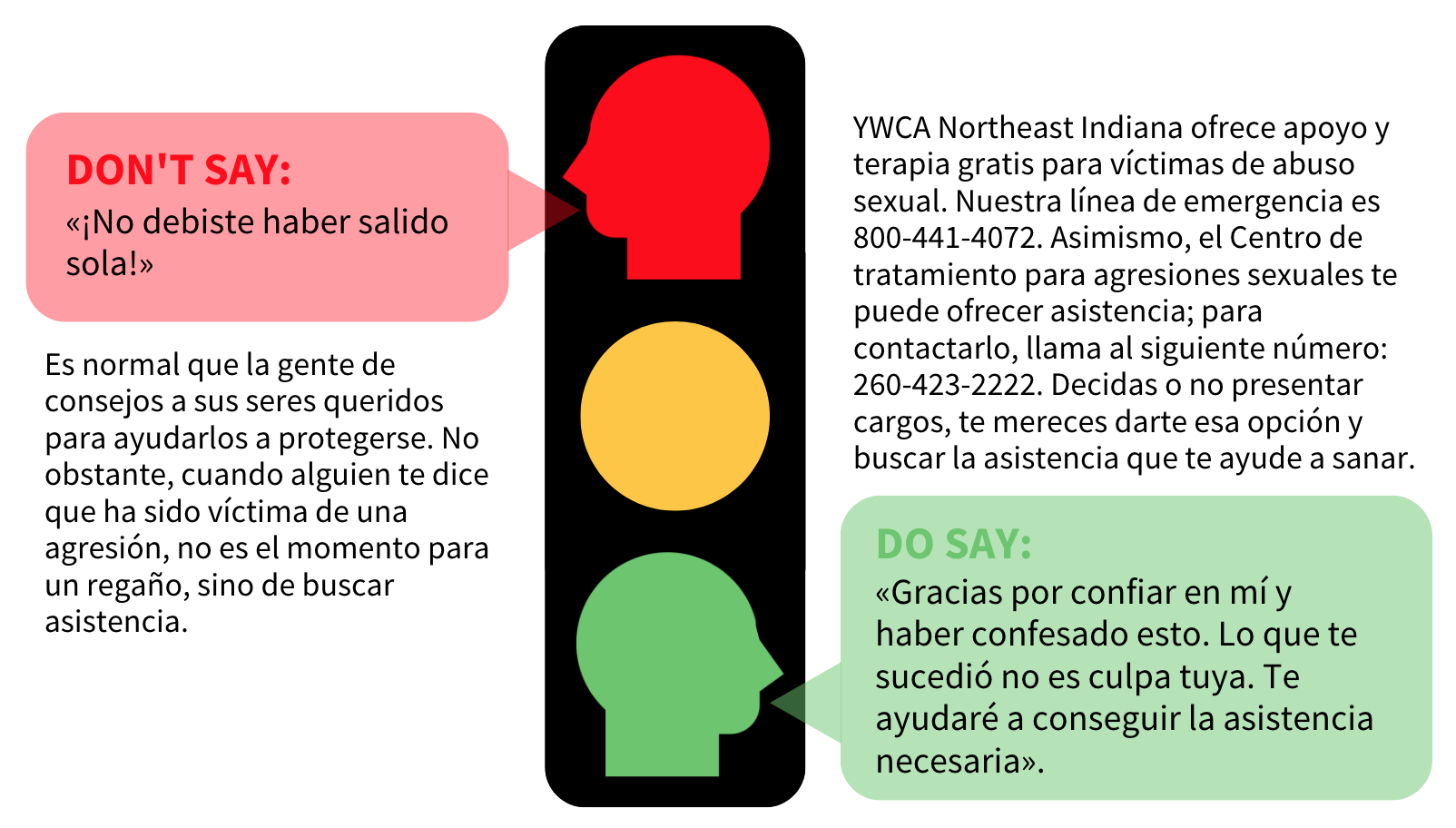
La agresión o violencia sexual no tiene nada que ver con las acciones de la víctima.
La culpa recae únicamente en el agresor. Por tanto, los comentarios que inciten a la víctima a pensar que ha hecho algo malo solo le atribuyen la culpa y contribuye a que sea más difícil para la víctima recibir la asistencia que necesita.
Una de cada cuatro mujeres será víctima de violencia doméstica.
Es probable que conozcas a alguien. Quizás sea un amigo, un miembro de tu familia, un vecino o la persona sentada frente a ti en tu centro congregación religioso. Imagina que una amiga o ser querido te cuenta que está sufriendo abuso físico en su hogar. ¿Cómo reaccionarías?
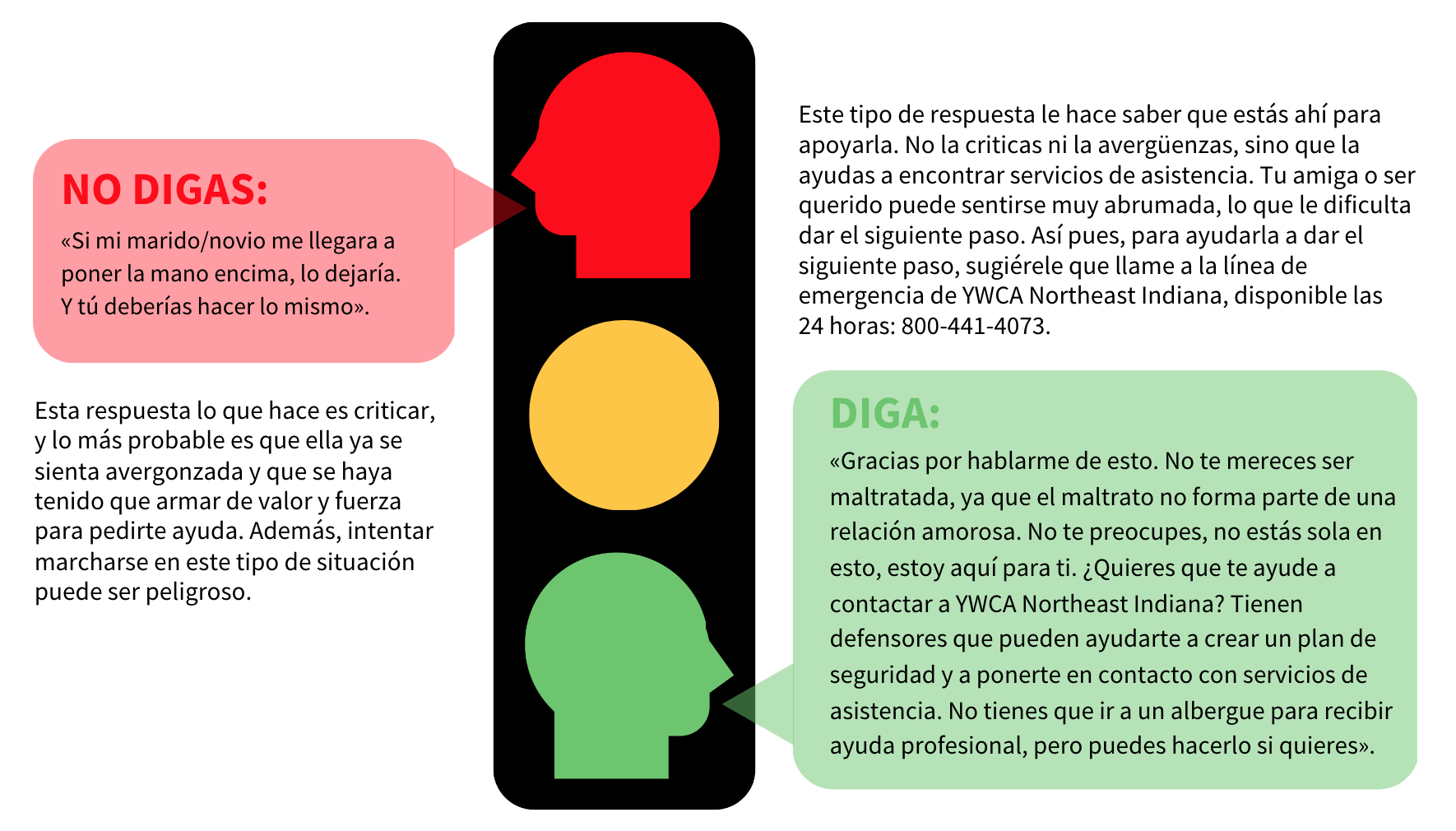
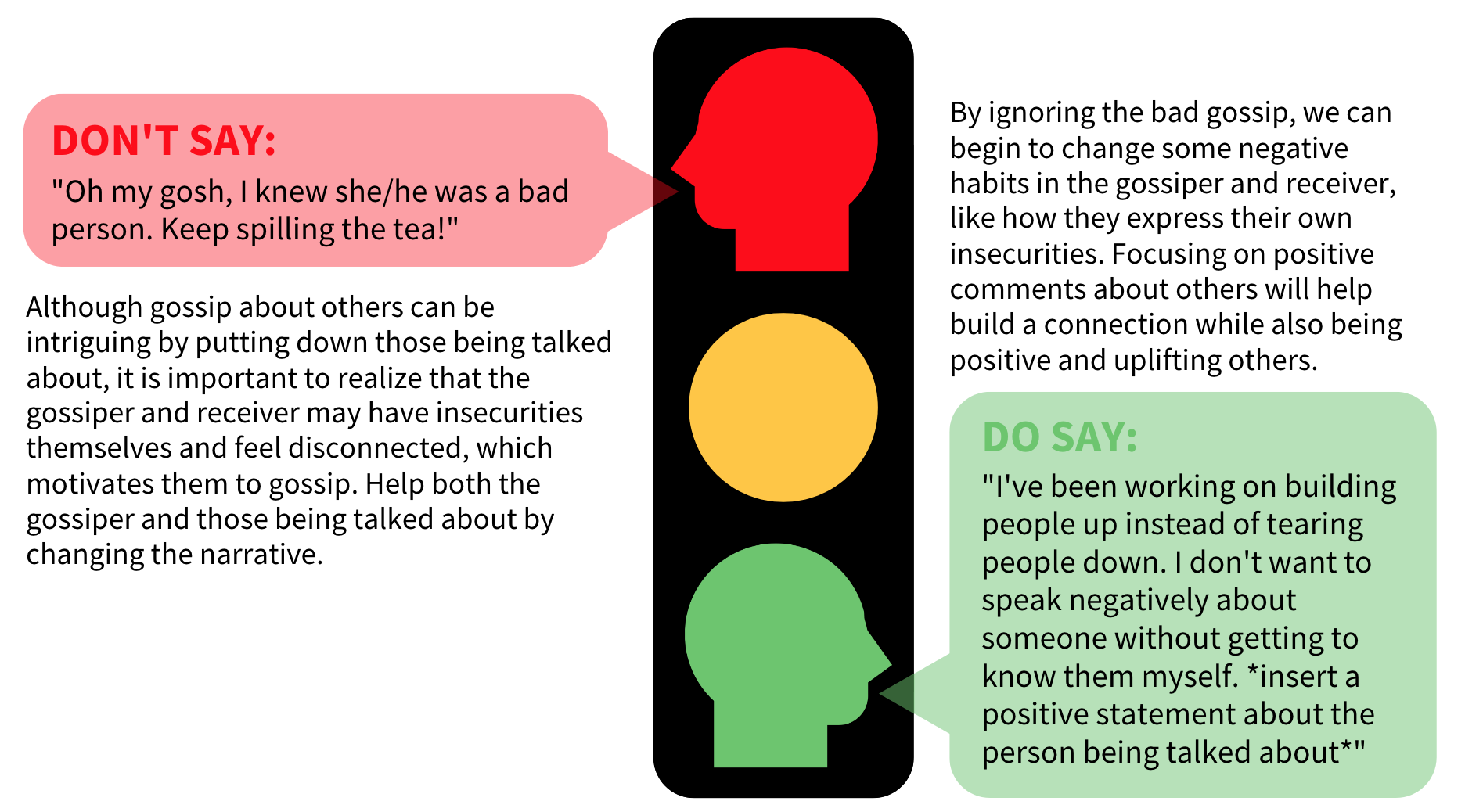
Not everything is as it appears.
When people talk poorly about others, it may be prompted by the gossiper’s own insecurities. When someone starts talking negatively about someone else, it is important to flip the script and focus on the positive.
Our recent Coffee & Conversations event focused on the power of positive gossip. Find more information here: ywcanein.org/coffee-conversations-power-of-positive-gossip
Belonging is a psychological need.
If an individual does not feel a sense of belonging, it negatively impacts their mental health and sense of well-being. Both Carl Jung and Abraham Maslow theorized that it is part of the human makeup to feel the need to belong with others.
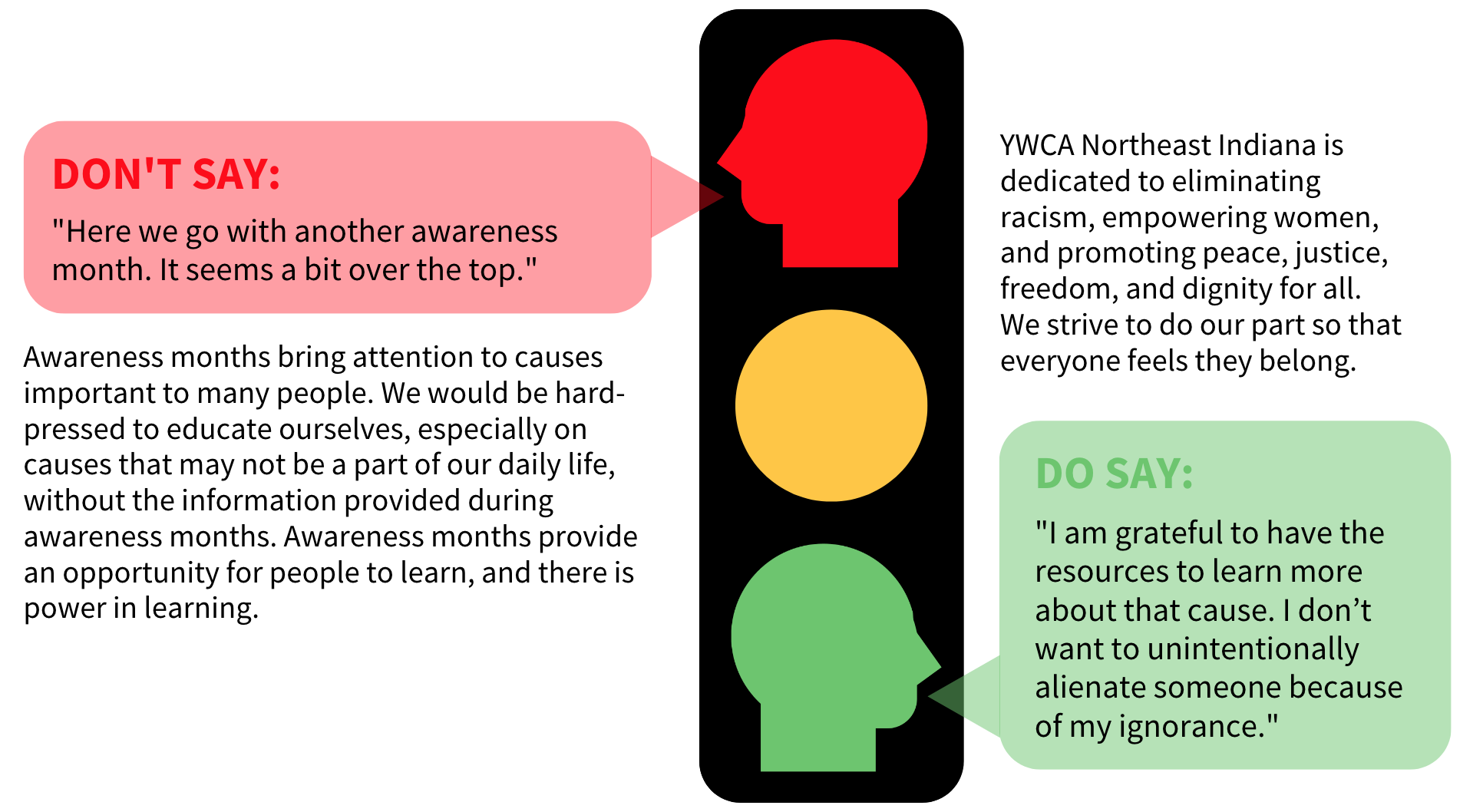
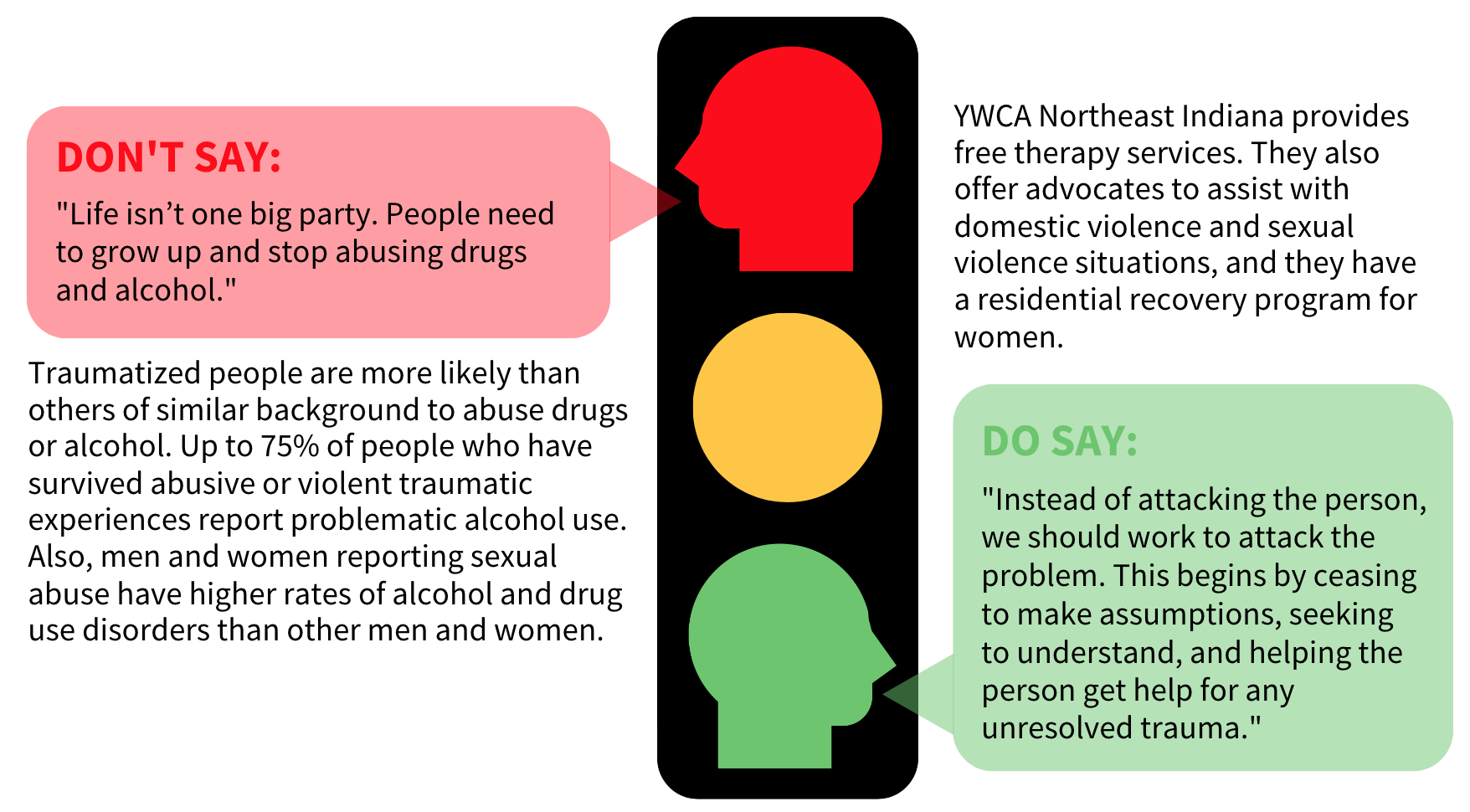
Unresolved trauma, whether recent or in the past, can lead some people to self-medicate with drugs or alcohol.
Often, assumptions can be made about people who abuse drugs or alcohol, with a common misperception that these folks are just seeking a ‘‘good time’. It’s important to realize that not everything is as it may seem, and many people use substances to numb their pain versus solely for entertainment. The effects from trauma are very real, and can be painful. Unresolved trauma can lead people to make unhealthy choices.
As with many health concerns, there can be an initial public stigma, at least until we make a concerted effort to work towards eliminating that stigma.
One way to do that is working towards changing people’s perceptions through conversations. Someone you know may desperately want to talk to a therapist but is afraid someone will see them going into a therapist’s office and think they are "weak" or "crazy."
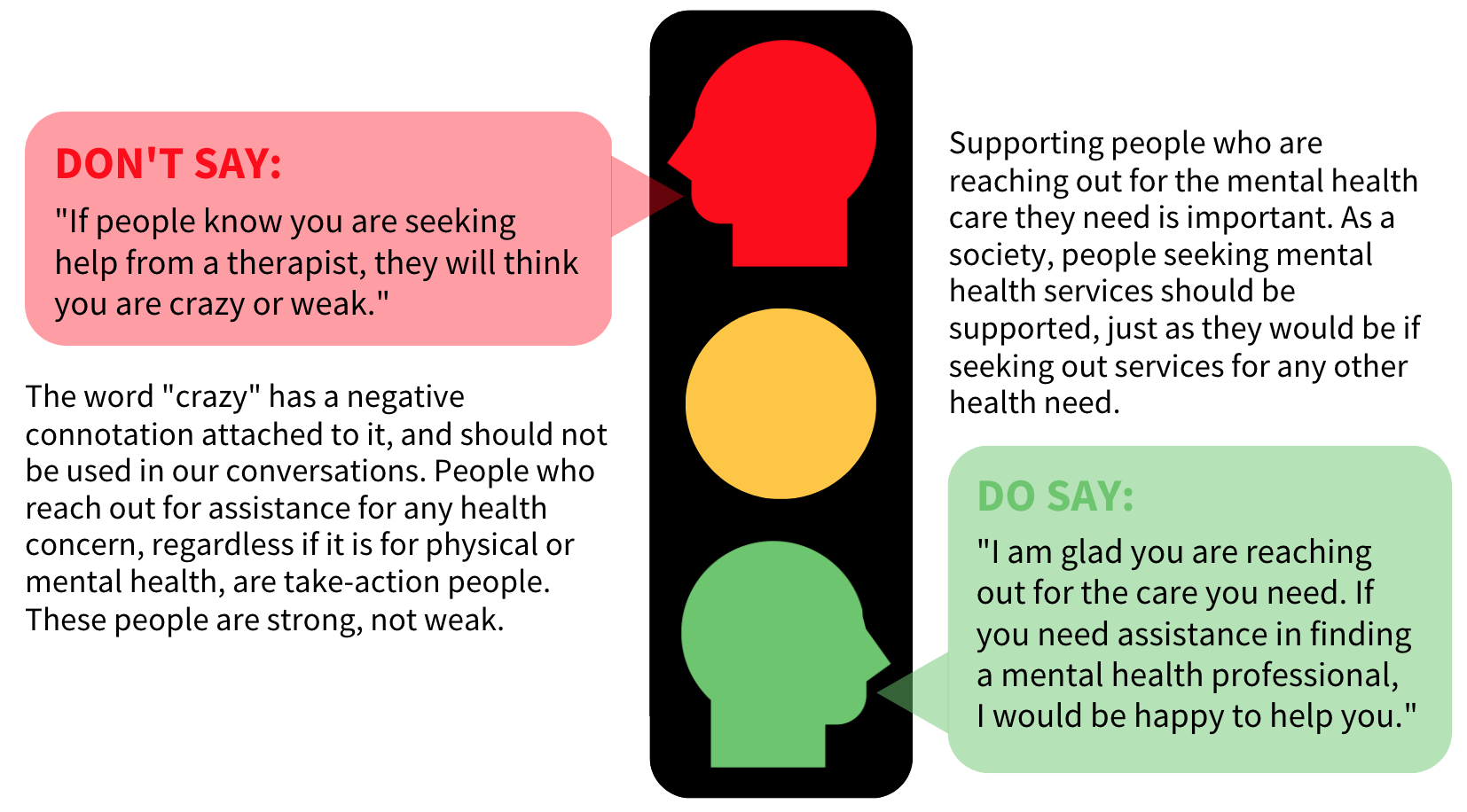
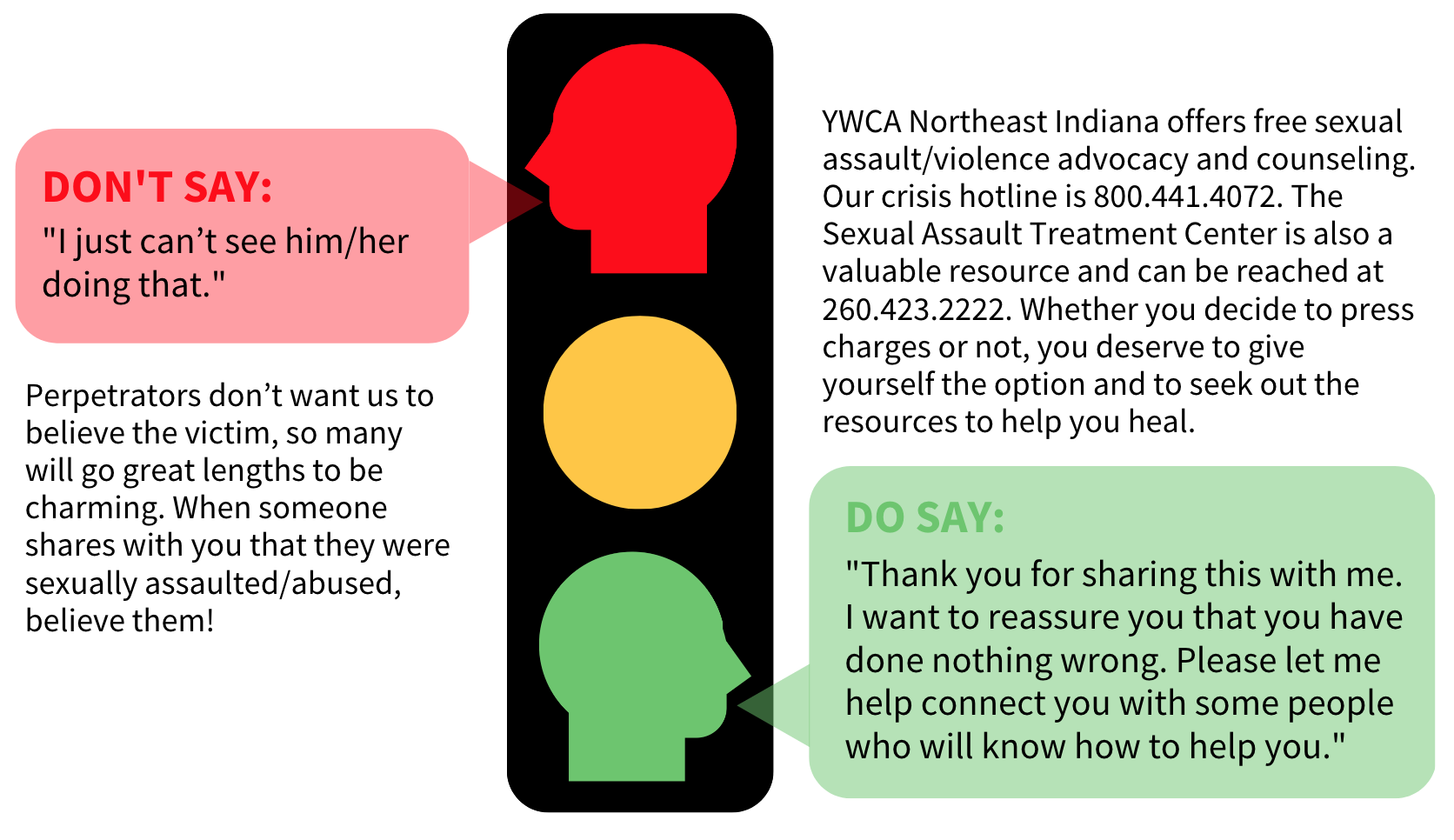
If a perpetrator could be identified simply by the way they look, everyone would stay far away.
Perpetrators can often present themselves as charming in order to lure in their prey, and to make it harder for the victim to be believed should they report the crime.
Sexual assault/violence isn’t about what the victim has done.
It has everything to do with the wrongful actions of the perpetrator. Making comments that make the victim feel as though they have done something wrong is victim blaming, and only perpetuates the barriers preventing someone from receiving the help they need.
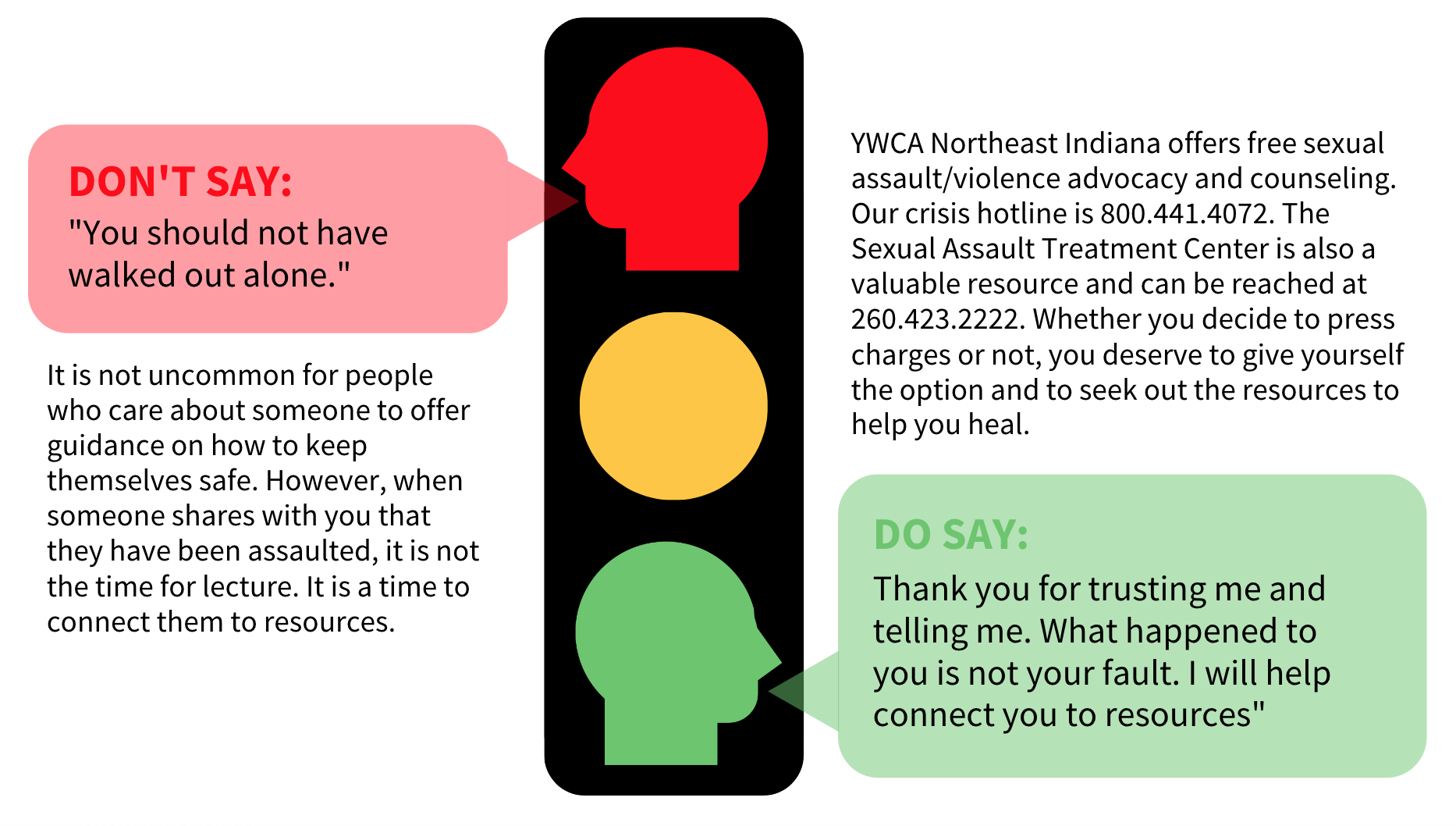
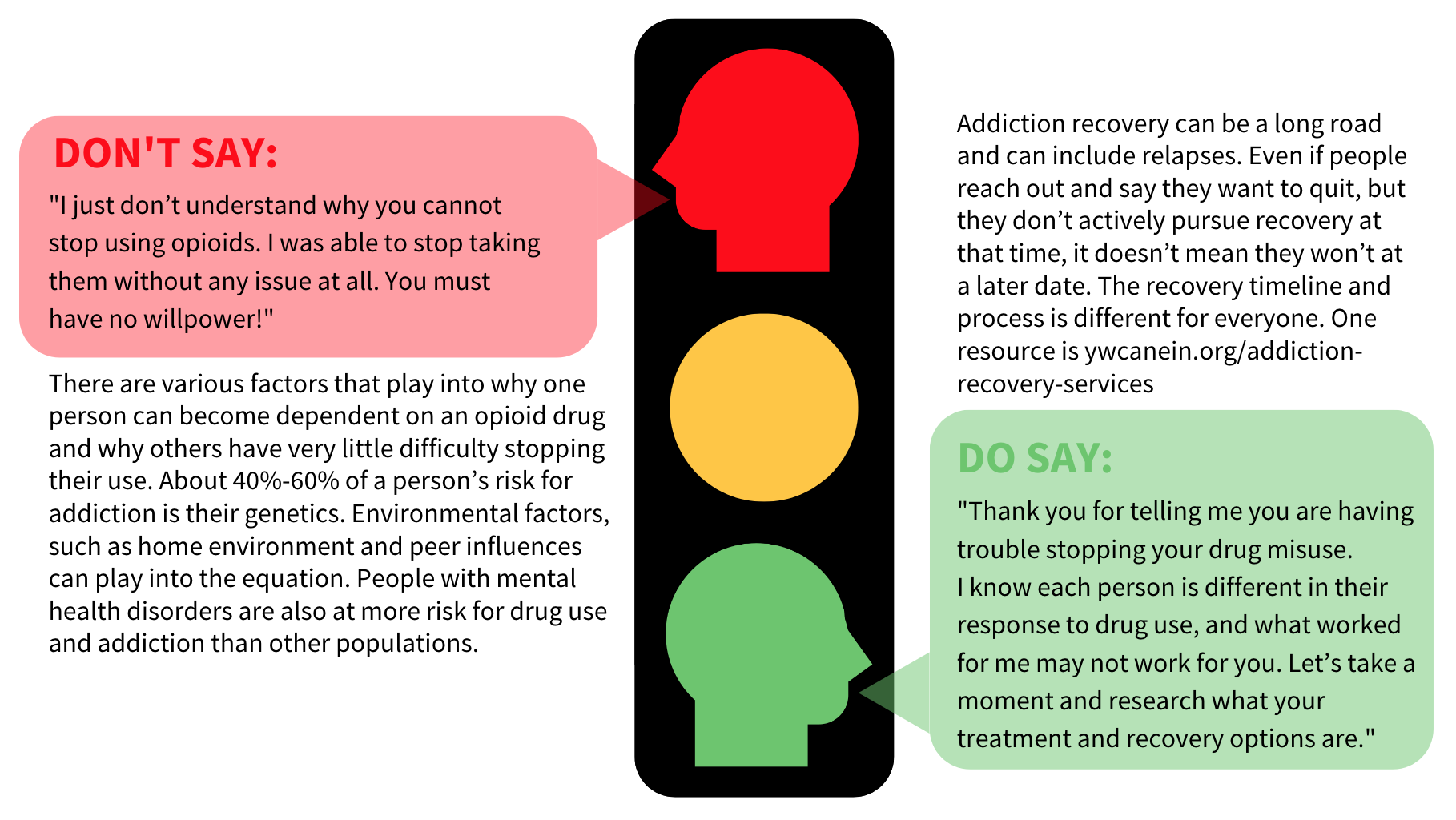
Very little is understood by the general public regarding addiction, also known as substance use disorder.
Unintentionally spreading false information and years of typecasting people who misuse drugs and/or alcohol has created biases.
Addiction, clinically known as substance use disorder (SUD), is categorized as a disease.
As with any disease, the biology of our bodies are negatively affected and changed. SUD recovery isn’t just a matter of willpower. Drug use can change the brain, and the user feels they need drugs just as much as they need oxygen to survive.
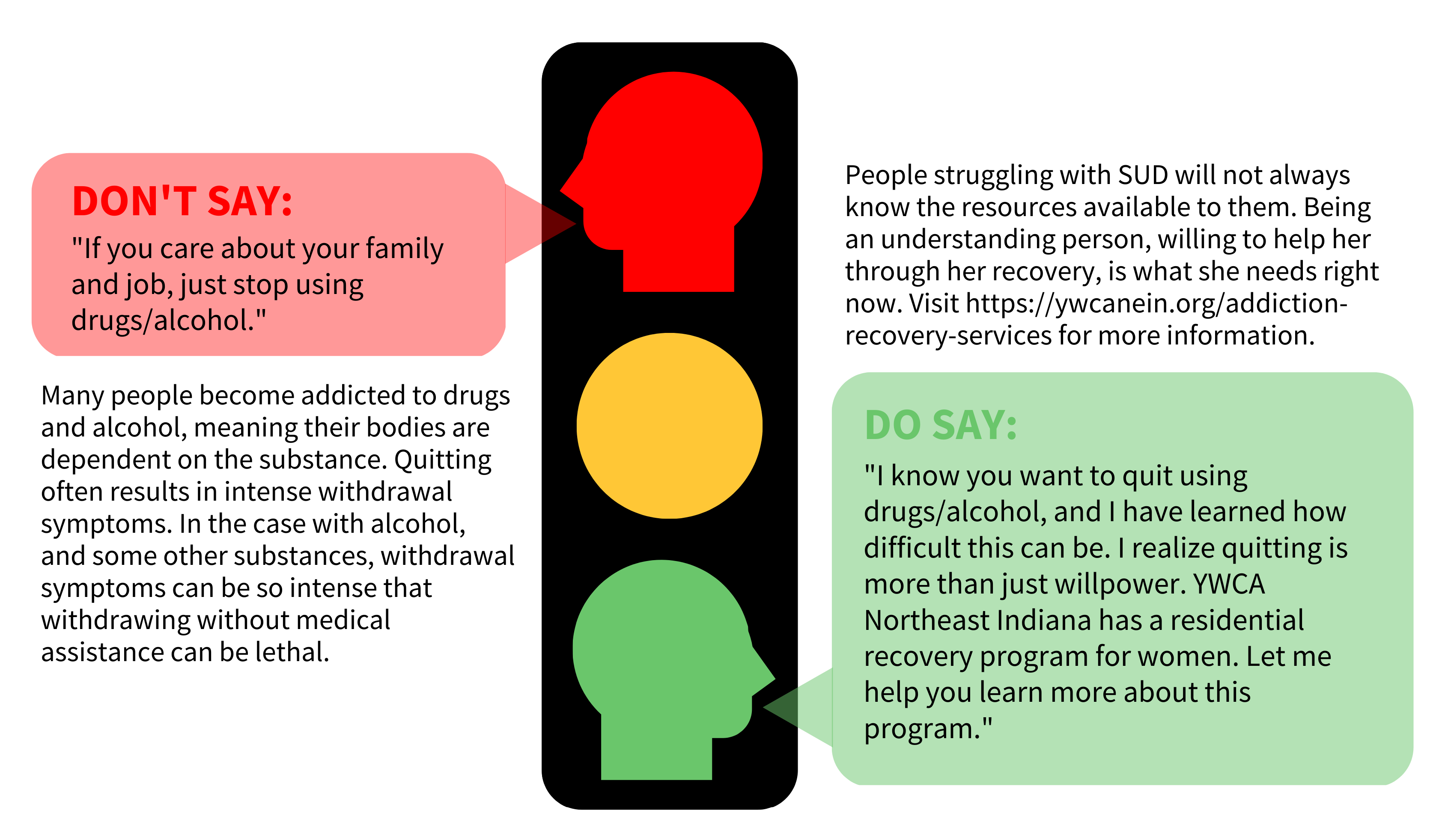
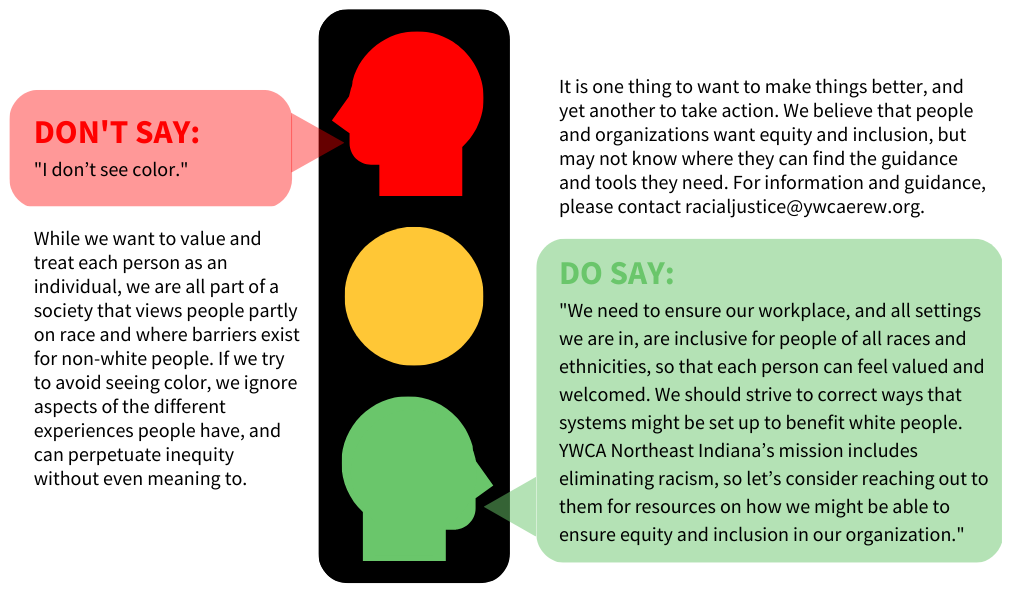
Racial justice is one area that continually needs our attention.
Throughout our lives, we have opportunities to educate others. Racial justice is one area that continually needs our attention. Let’s say you are with work colleagues and you are discussing racism. What would you say?
Did you know that domestic violence can happen to men?
Per the CDC, one in nearly 10 men will experience domestic abuse. Imagine a male friend or loved one tells you he is being physically abused at home. How would you respond?
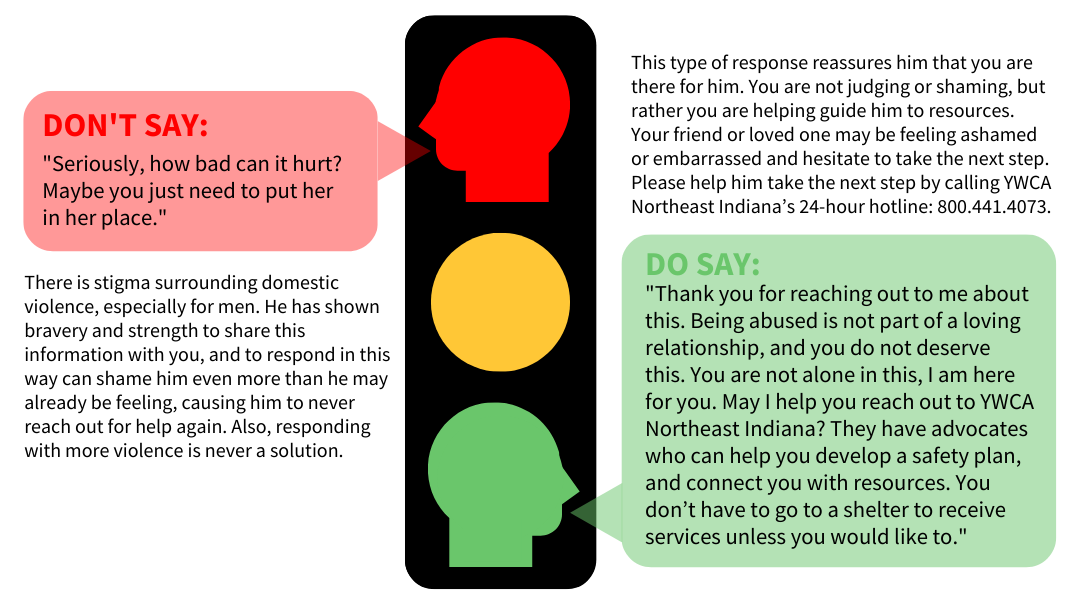
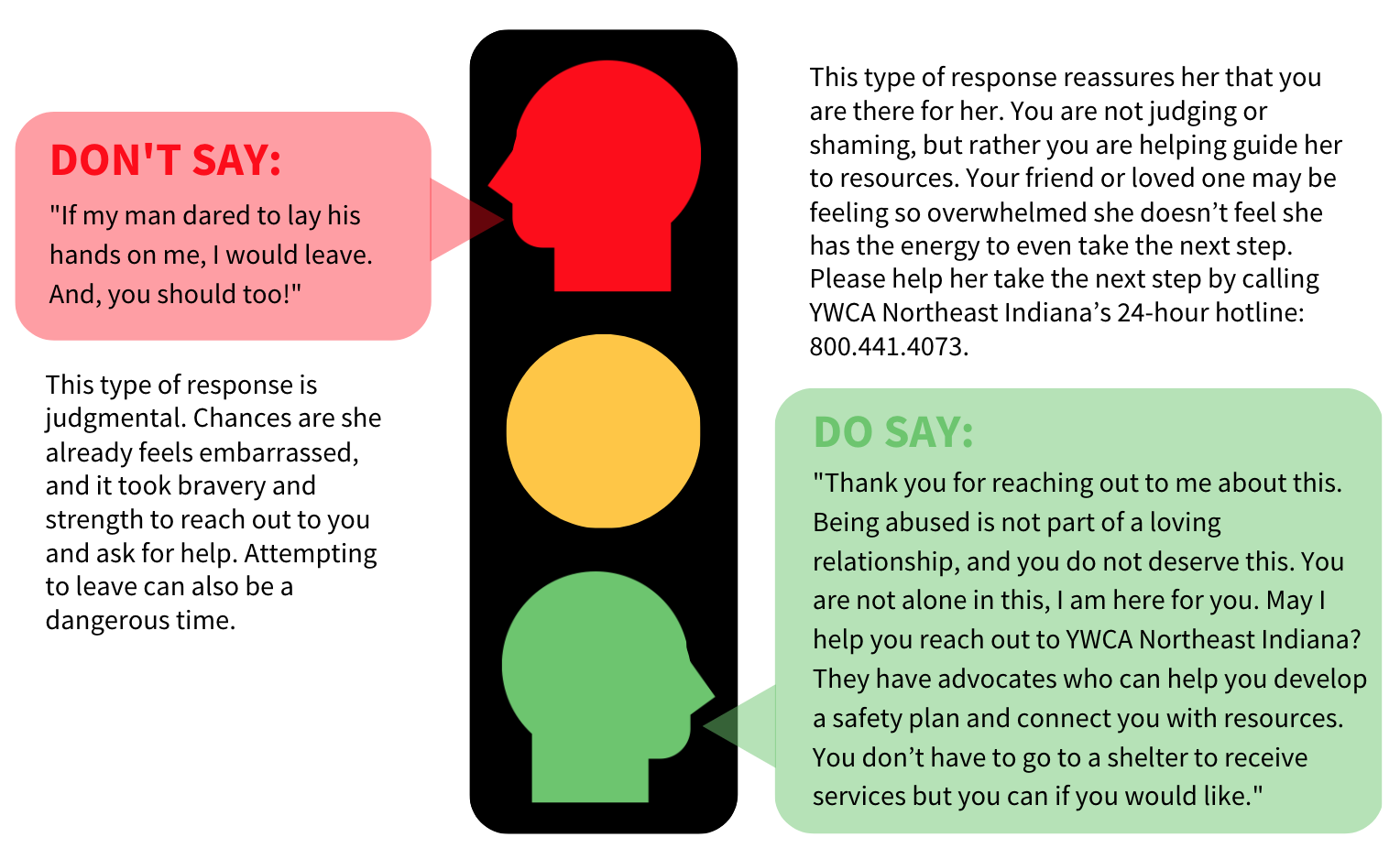
One in four women will experience domestic violence.
Chances are, you know someone. You may know a friend, family member, neighbor, or the person sitting in front of you in your place of worship. Imagine a friend or loved one tells you she is being physically abused at home. How would you respond?
